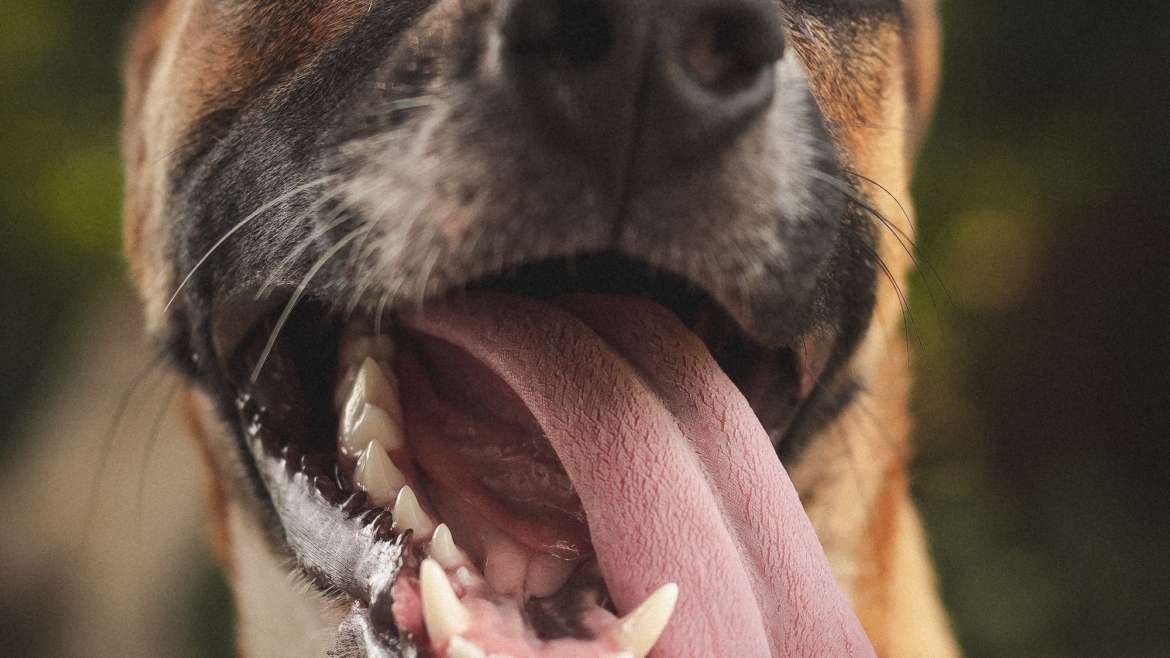Imagine how your teeth would look and feel after a couple of days without brushing them (let alone a month or even a year)! Your pet’s teeth are no different. While your four-legged friend is not one to complain about their oral hygiene, it’s often not until we receive a big slobbery kiss or catch a whiff of them panting in our face that we realize we need to pay a little more attention to their dental health.
February is National Pet Dental Health Month! To celebrate, we’ve identified why keeping your pet’s teeth clean is not only great for their “pearly whites,” but also their overall health:
- Periodontal disease (gum disease) is the number one illness found in both dogs and cats. By the time your pet is three years old, he or she will very likely have some early evidence of periodontal disease, which will worsen as your pet grows older if effective preventative measures aren’t taken. With periodontal disease, calculus builds up under gums over time and causes them to separate from the teeth. Bacteria can grow in these spaces, resulting in bone and tissue loss, and teeth end up falling out. Advanced stages of periodontal disease can be excruciating for your pet.
- Dental disease increases the risk of heart and liver disease in your pet. The heart and liver are especially prone to developing inflammation from dental disease. The plaque on your pet’s teeth is made up of bacteria, and the more severe the plaque and gum inflammation is present in your pet’s mouth, the more likely it is that bacteria may enter your pet’s bloodstream and travel to other parts of their body. Periodontal disease and heart disease are often seen coinciding in pets, and the same cultured bacteria from infected heart valves are the same as those identified in the mouth.
- Dental Disease Complicates Diabetes in Pets. Diabetic pets tend to have higher levels of periodontal disease. While it’s not always possible to identify which came first – the periodontal disease or diabetes – the more severe the periodontal disease is, the more serious his or her diabetes gets, which, in turn, worsens the periodontal disease. Inflammation and infection associated with periodontal disease can affect blood sugar metabolism, decreasing their sensitivity to insulin.
Dogs and cats are very good at hiding pain. You might never know your pet has a severe dental problem until it’s very advance. Brushing your pet’s teeth once a day is a great way to check-in and make sure everything looks good in their mouth while keeping plaque at bay. Dry kibble and dental treats are also great for supplemental oral care. Most importantly, scheduling an annual professional dental cleaning at Animal Health Center will not only give our vets the chance to clean your pet’s teeth, but to also look for warning signs of periodontal disease, and issues with your pet’s health caused or complicated by the infection.
This month, we are offering 10% off dental cleanings and dental treats. To schedule your pet’s cleaning, call your preferred Animal Health Center location today!



